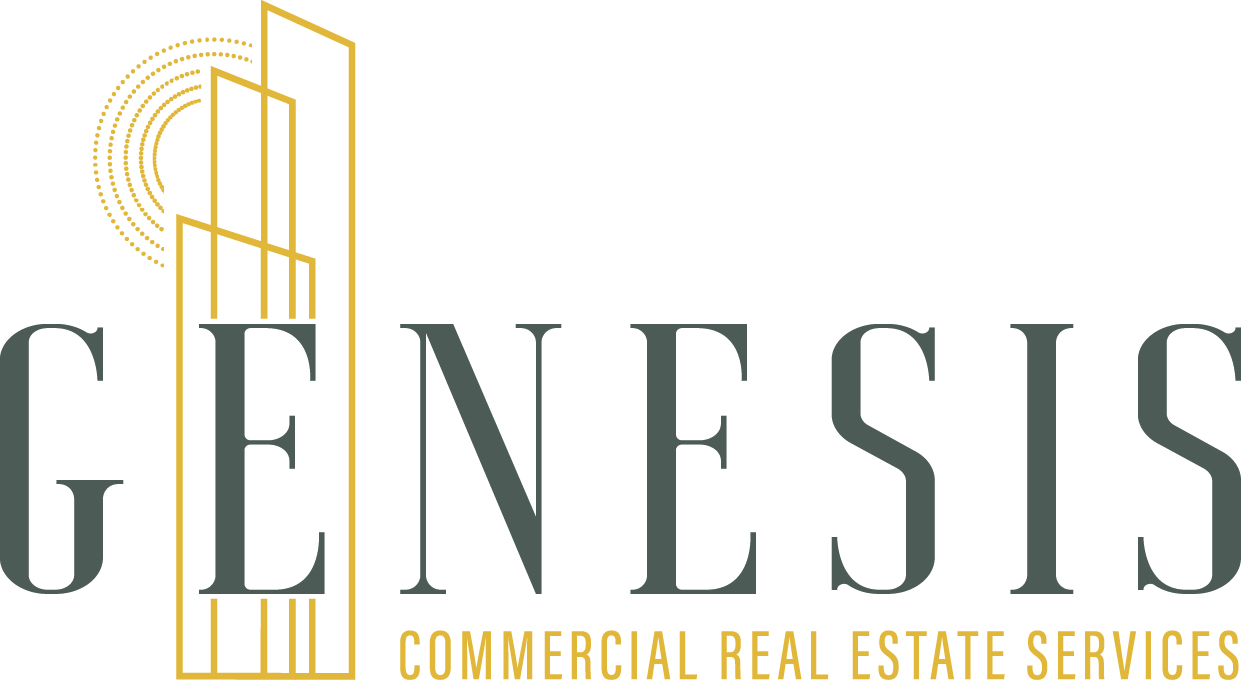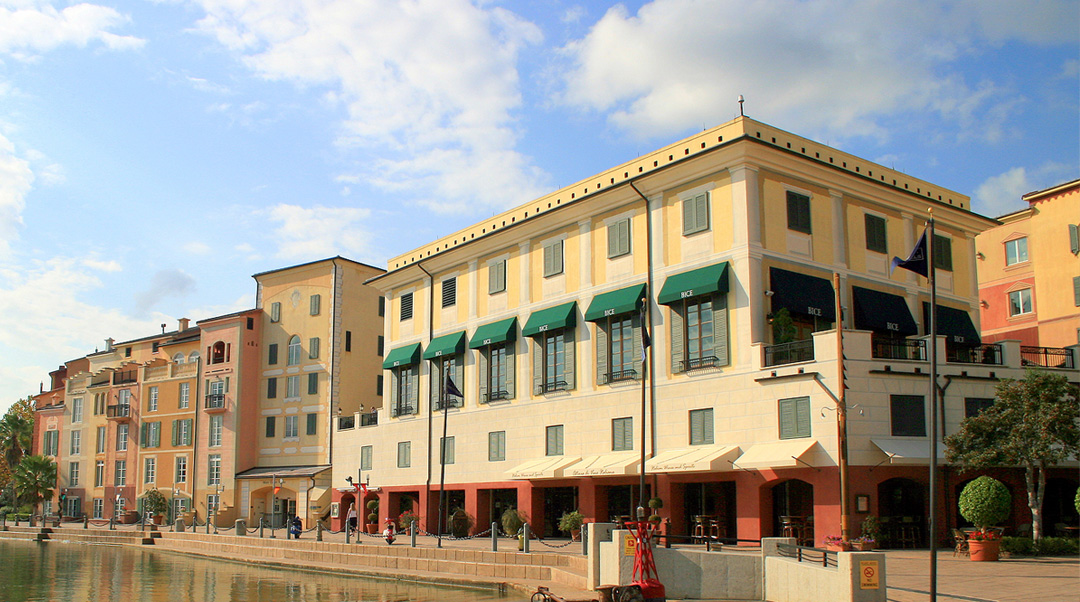Technology is revolutionizing the way commercial property management is being done. From automated maintenance tracking systems to sophisticated data analytics tools, the role of technology in managing commercial properties has never been more crucial. With the help of cutting-edge technologies, property managers can now streamline operations, enhance tenant experiences, and optimize efficiency like never before.
One of the most significant ways technology is changing commercial property management is through the use of smart building technologies. These technologies enable property managers to remotely monitor and control building systems such as HVAC, lighting, and security, leading to increased energy efficiency and cost savings. Additionally, smart building technologies can provide valuable data insights that allow property managers to make informed decisions and proactively address maintenance issues before they become costly problems.
Another key way technology is transforming commercial property management is through the use of property management software. These platforms offer property managers a centralized hub for all property-related data, including lease agreements, maintenance schedules, tenant communication, and financial reports. By automating routine tasks and providing real-time insights, property management software enables property managers to operate more efficiently and effectively, ultimately enhancing the overall tenant experience.
Overall, the integration of technology into commercial property management is reshaping the industry and empowering property managers to deliver exceptional service, maximize property value, and stay ahead of the competition. Embracing these technological advancements is essential for property managers looking to succeed in today’s fast-paced and ever-evolving commercial real estate landscape.
Here are some key areas technology is significantly transforming commercial property management:
1. Data Management and Analysis: Property managers can now collect and analyze vast amounts of data related to building operations, tenant preferences, and market trends. This data-driven approach allows for better decision-making and more efficient operations.
2. IoT and Smart Buildings: Internet of Things (IoT) devices are being integrated into building systems to monitor and control things like HVAC, lighting, and security. This enhances energy efficiency, reduces operational costs, and improves tenant comfort.
3. Automation and AI: Routine tasks such as maintenance scheduling, rent collection, and lease management can be automated using AI-powered software. This frees up property managers to focus on more strategic initiatives.
4. Tenant Experience: Technology enables better communication with tenants through digital platforms and apps. Tenants can report issues, access building services, and receive updates in real-time, leading to higher satisfaction and retention rates.
5. Virtual and Augmented Reality: VR and AR are being used for property tours, allowing potential tenants to explore spaces remotely. This reduces the need for physical visits and speeds up the leasing process.
6. Energy Management: Advanced energy management systems help property managers optimize energy usage and reduce costs. This is achieved through real-time monitoring, predictive analytics, and automated adjustments.
7. Security Enhancements: Technology improves building security through biometric access control, surveillance systems with analytics, and cybersecurity measures to protect sensitive data.
8. Sustainability: Technologies like green building certifications, energy-efficient systems, and renewable energy sources are becoming more prevalent. They not only reduce environmental impact but also attract environmentally conscious tenants.
9. Remote Management: Cloud-based platforms allow property managers to oversee multiple properties from anywhere, streamlining operations and improving responsiveness.
10. Predictive Maintenance: IoT sensors can detect equipment failures before they occur, enabling proactive maintenance that minimizes downtime and extends the lifespan of building systems.
Overall, technology is revolutionizing commercial property management by making operations more efficient, buildings more sustainable, and tenant experiences more seamless and satisfying. Adopting these technologies can give property managers a competitive edge in the market while enhancing overall property value and profitability.

